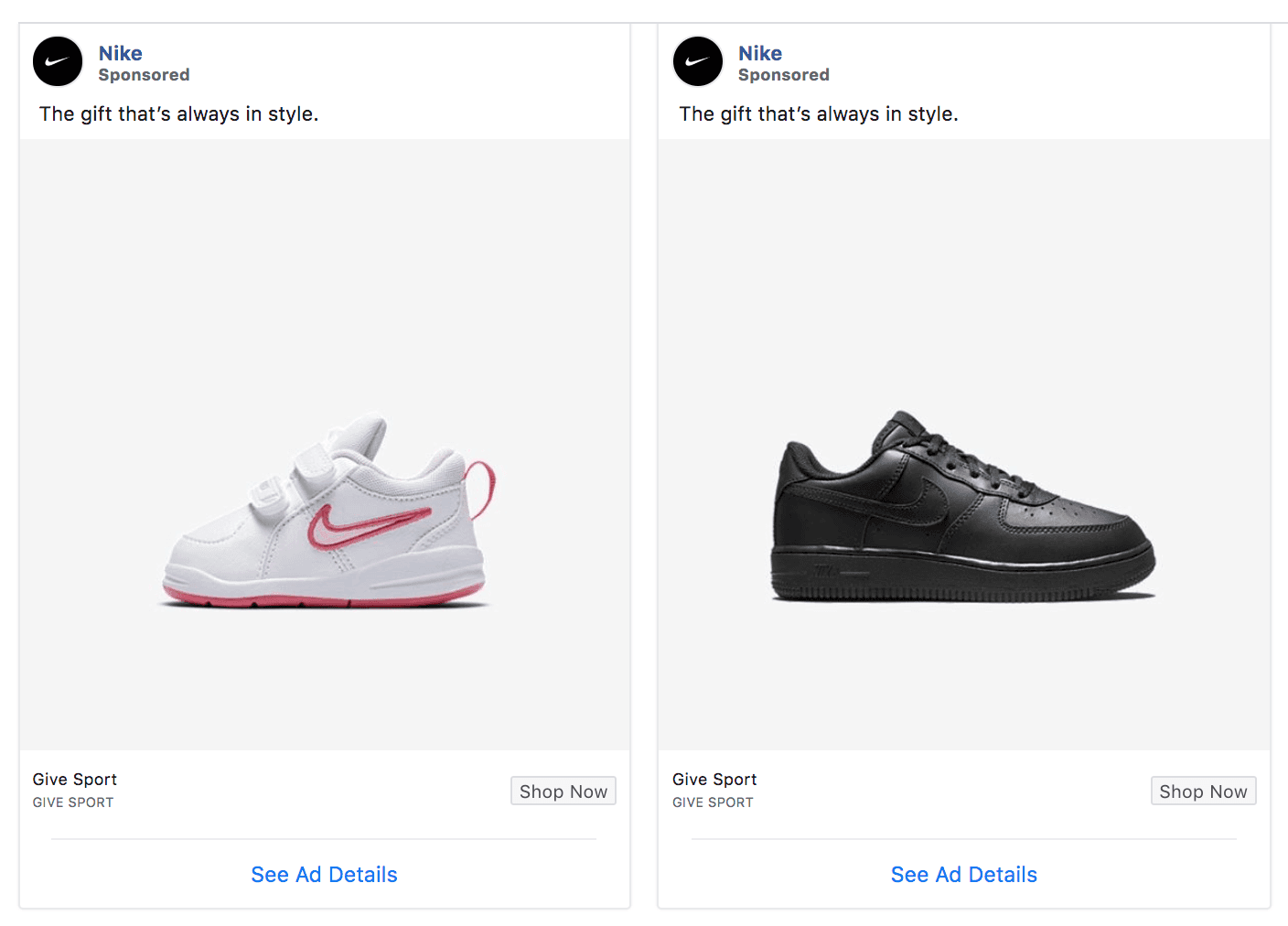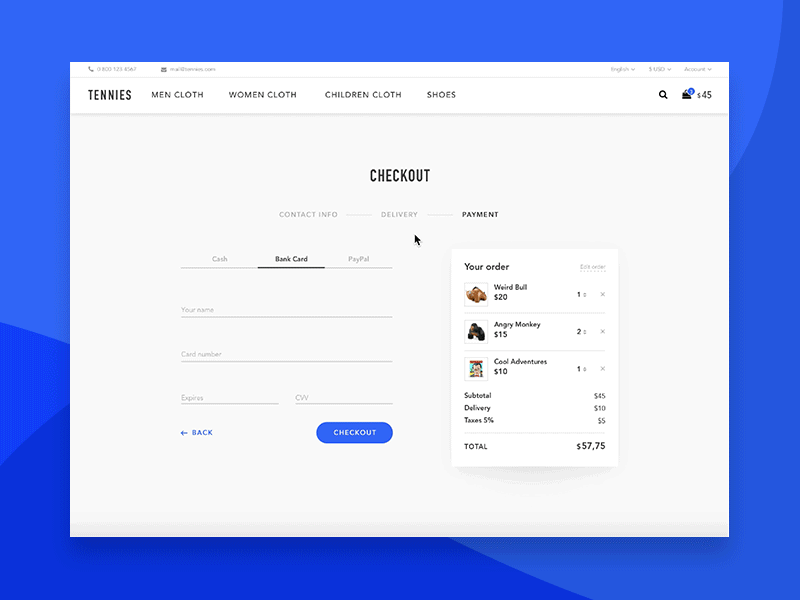In today’s digital-first world, integrating e-commerce with your brand is not just a business strategy; it’s a necessity. E-commerce offers a plethora of opportunities to reach new markets and improve customer engagement, but it’s crucial to align it with your brand identity to ensure seamless integration. In this article, we’ll explore best practices for integrating e-commerce solutions with your brand, tailored for business owners, marketers, and startup founders.
Understanding Brand Identity in E-commerce
Brand identity is the essence of how your business is perceived. It encompasses everything from your logo and color scheme to your tone of voice and customer service ethos. When integrating e-commerce, maintaining a consistent brand identity can help you build trust and recognition among your customers.
Key Considerations for Seamless Integration
Consistent Branding Across Platforms
Consistency is key. Your e-commerce platform should reflect the same branding elements as your other marketing channels. This includes your logo, color scheme, fonts, and imagery. A brand identity studio can help develop assets that ensure uniformity across platforms.

User Experience and Design
A seamless user experience is essential for e-commerce success. Your website should be easy to navigate, with clear calls-to-action and intuitive navigation. Consider working with a web design consultancy to create an interface that aligns with your brand identity while providing a smooth shopping experience.

Mobile Optimization
With more consumers shopping via mobile devices, optimizing your e-commerce platform for mobile is crucial. Ensure your website is responsive and offers a seamless experience across all devices. A mobile optimized websites consultantcan provide insights into the latest mobile-friendly design practices.

Personalized Customer Experience
Personalization can greatly enhance the e-commerce experience. Use customer data to offer personalized product recommendations and content. This not only improves user experience but also strengthens brand loyalty.
Integration with Social Media
Social media is a powerful tool for driving e-commerce traffic. Integrate your platform with social media channels to allow customers to purchase directly from posts or ads. Tools for digital marketing and web design can help in setting up seamless social commerce integrations.

Robust Security Measures
Security is paramount in e-commerce. Ensure your platform is equipped with the latest security protocols to protect customer data and transactions. Consult with an ecommerce web development service for security best practices and solutions.
Streamlined Checkout Process
A complicated checkout process can lead to cart abandonment. Simplify your checkout process by minimizing steps, offering multiple payment options, and ensuring transparency in pricing and shipping. A custom wordpress web design provider can assist in creating an efficient checkout flow.

Real-World Examples of Successful Integration
Warby Parker: Known for its innovative approach, Warby Parker’s e-commerce platform mirrors its in-store experience, offering virtual try-ons and personalized suggestions.
Glossier: This beauty brand excels in integrating user-generated content into its e-commerce site, enhancing authenticity and engagement.

Leveraging E-commerce Tools for Brand Integration
Analytics and Insights: Utilize analytics to understand customer behavior and preferences. This data can inform your e-commerce strategy and help tailor your offerings.
CRM Integration: Sync your e-commerce platform with customer relationship management (CRM) tools to streamline customer data and improve personalization efforts.
Conclusion
Integrating e-commerce with your brand identity involves more than just adding a shopping cart to your website. It requires careful planning and execution to ensure that every aspect of the e-commerce experience reflects your brand’s values and aesthetics. By focusing on consistency, user experience, personalization, and security, you can create a seamless integration that delights customers and strengthens your brand.
For those seeking professional guidance, partnering with a web development company near me or a design agency us can provide the expertise needed to navigate the complexities of e-commerce integration. Embrace these best practices, and watch your brand thrive in the digital marketplace.

